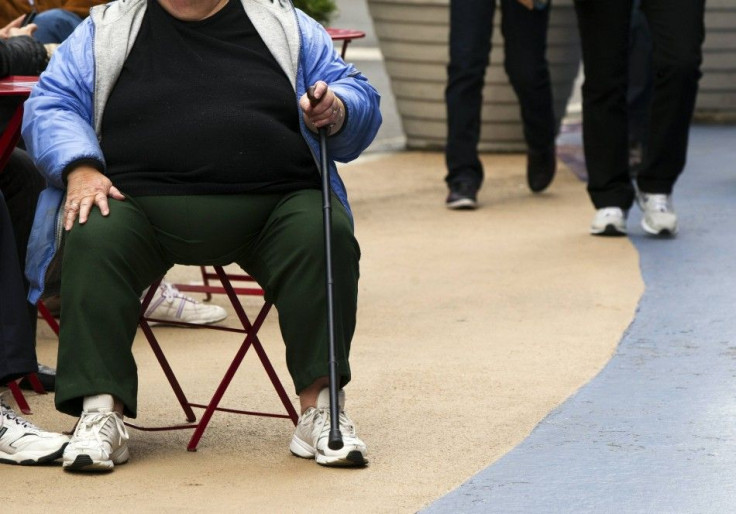New Controversial Study Finds That Artificial Sweeteners Raise the Risk of Obesity and Diabetes
Diet Sodas and Other Eatables That Use Artificial Sweeteners Contribute to Weight Gain, Findis Study

Contrasting to the common notion that artificial sweeteners can be used as a substitute to sugar and would help tackle obesity and diabetes, a new study has found that it does right the opposite. An Israeli research has found that artificial sweeteners can increase blood sugar level in the body.
Speaking of its effects the additives have on the body, the researchers stated that they disrupt the healthy microbes that are present in the gut, this leads to a rise in blood sugar. The research states that this is the reason diet sodas and other eatables that use artificial sweeteners do not contribute to the control of obesity.
Eran Elinav, a senior author on the study at the Weizmann Institute of Science in Rehovot said that the microbial world that exists inside human beings has not been studied or understood well enough. He said that though the study is still in its initial stages, it points towards a huge impact it has on the rise of obesity.
For the study they fed mice three artificial sweeteners -- saccharin, aspartame and sucralose. They found that the mice developed high blood sugar levels, but when they were given antibiotics that killed their gut microbes, the sugar level was brought to normal.
The scientists then singled out saccharin and fed that to a group of mice. After this the gut microbes of these mice were transferred to another group of mice with no gut bacteria of their own. The immediate result was a rise of blood sugar. A test on 400 individuals also revealed that their gut microbes were different and on average were heavier and more glucose intolerant.
The final stage of their experiment involved seven individuals who were given the maximum allowed does saccharin for a week. "At the end of the week, four in seven had high blood sugar levels and their gut microbes mirrored the changes seen in mice fed on the additives," the study found.
Their findings are controversial and the researchers themselves states that it cannot help in the change of health policies as it contradicts studies in the past. In 2012, the American Heart Association conducted a study and found that a careful use of artificial sweeteners would help lose weight. Also the U.S. Food and Drug Administration also approved six artificial sweeteners that help reduce the calorie intake and contribute to low blood sugar.
"Our findings suggest that non-caloric artificial sweeteners may have directly contributed to enhancing the exact epidemic that they themselves were intended to fight," he stated. The researchers themselves stated that they do not wish to change people's eating habits, but are just asking the scientific community to reassess the study and their findings on the use of artificial sweeteners.
Several previous studies have analysed artificial sweeteners and the results have indicated both ways. Some that they must be used judiciously to curb weight gain and some confirm that they are the best alternative to sugar. It helps control diabetes and weight gain as well.
Experts had different views about the study. O'Rahilly, a director of the Metabolic Diseases Unit at Cambridge University said that the findings have little proof as the study was conducted on mice and the human studies were on a small scale.
Brian Ratcliffe, professor of nutrition at Robert Gordon University in Aberdeen, said that it is very limited since it was focused mainly on saccharin.
The study however is important and Christopher Corpe of King's College London, who studies how the gut senses sugars, suggests that a larger study needs to be conducted.






